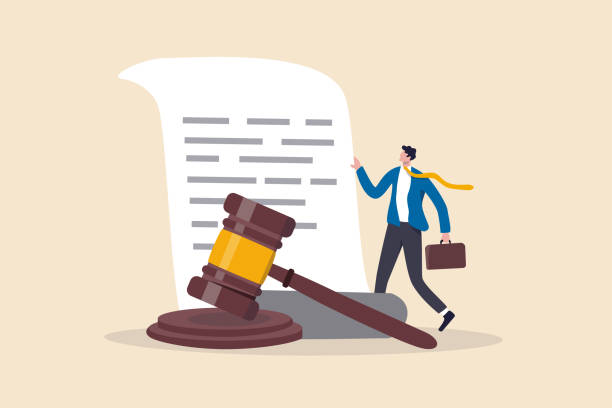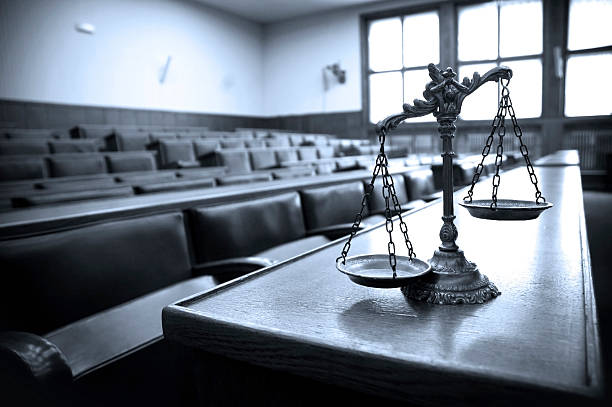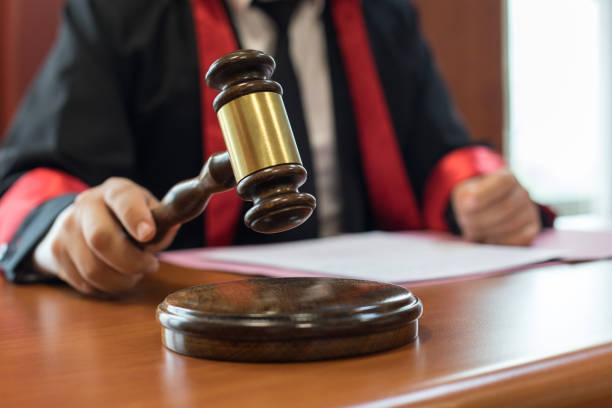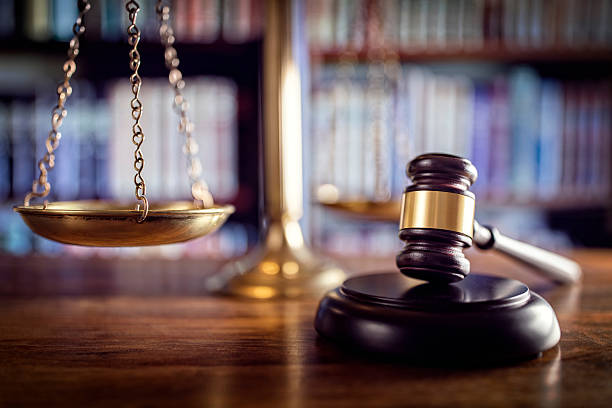Outstanding Judgments
The term “outstanding judgment” refers to a court order or judgment that is not followed by the objector. There are many of reasons, including legal troubles, contract infractions, unpaid debt, etc., could cause this. It is basically a notification that there is an outstanding debt that could be enforced until it’s paid.

Implications of Outstanding Judgments:
Financial effect
A financial component of unfulfilled judgments is sometimes associated with penalties or financial restitution. If you fail to meet these requirements, you will be charged penalties and interest.
Reputation and Creditworthiness
People or companies with unpaid debts can suffer from impaired credit rating and reputations. They may not be able to obtain loans or work prospects since lenders and possible partners see them as high risk.
Legal Consequences
Famous judgments may lead to a rise in litigation. In severe circumstances, persistent non-compliance may result in imprisonment.

Types of Outstanding Judgments:
Civil Judgments
These tend to arise from disagreements between individuals, including property disputes or claims of personal damage.
Criminal Judgments
Judgments for criminal offenses lead to sentences for crimes. These may include imprisonment, community service, or fines.
Default Judgments
When the defendant does not respond or show up in court, a default judgment is entered in the plaintiff’s favor.

Resolution of Outstanding Judgments:
Payment Arrangements
In order to gradually pay off outstanding judgments, defendants may have to work out payment arrangements with creditors. Easy monthly payments are made possible by structured payment agreements, which reduce financial strain and prevent prolonged legal disputes.
Settlement Agreements
To settle unresolved decisions without going to court, parties to a legal issue may decide to sign settlement agreements, which reduce financial strains and prevent prolonged legal disputes.
Compliance with Court Orders
It is essential to adhere to court orders soon in order to prevent charges of disrespect of court and additional legal consequences.





